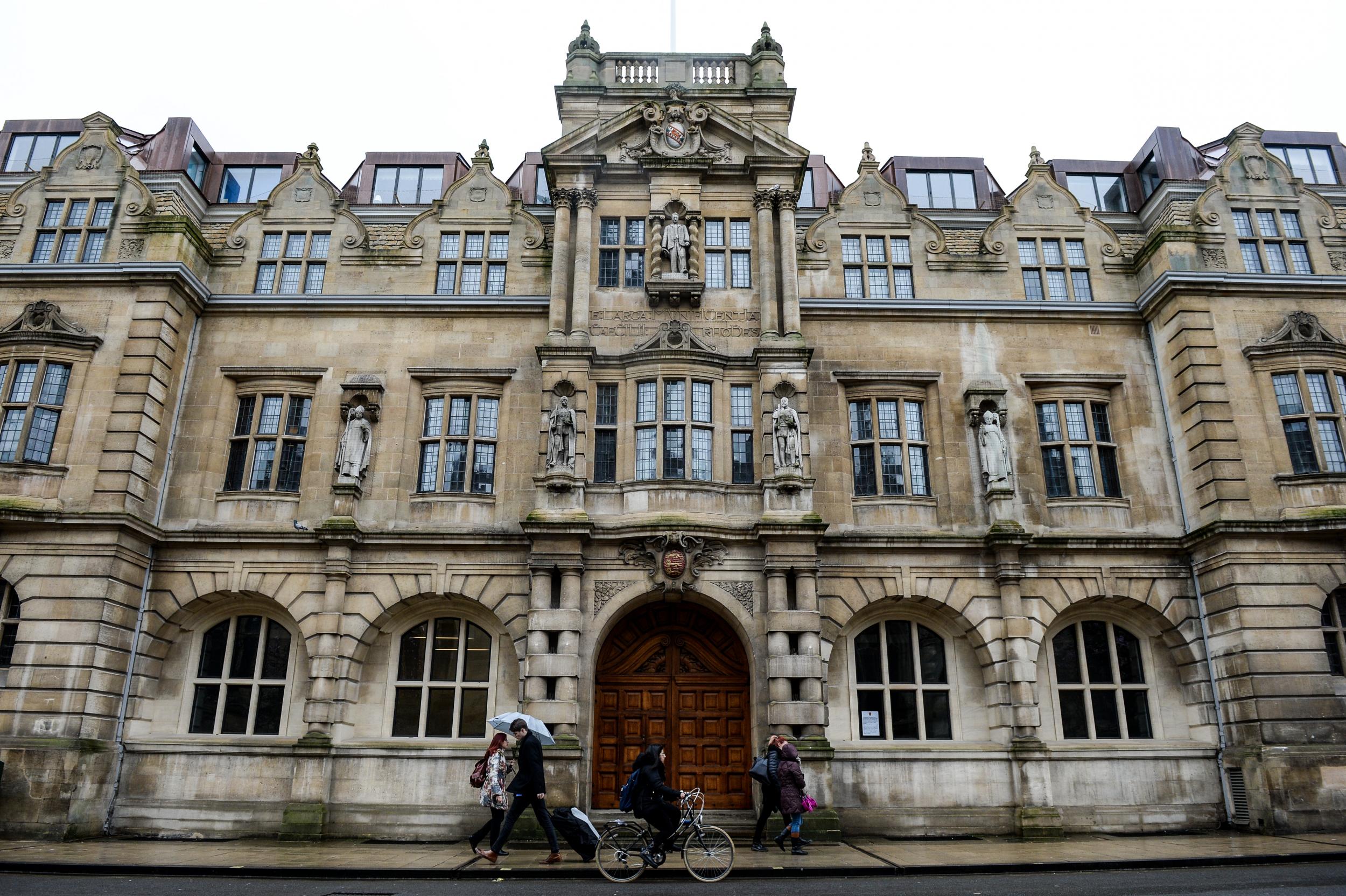EU students applying to British universities plummet by 9 per cent following Brexit vote
The fall is the first Britain's previously booming university sector has seen in years

Applications for British universities from EU countries fell by 9 per cent compared to last year – the first such fall seen in years.
Ucas, the university admissions service, suggested the fall might be because the Government had left potential EU students in uncertainty about whether they would continue to be entitled to maintenance support following the Brexit vote.
After the EU referendum this summer the Government did not immediately clarify whether such students would get support, but later said they would.
Mary Curnock Cook, Ucas’ chief executive, said the late announcement of the plan may have contributed to the fall in applicants and that there might be scope for a recovery.
The announcement that EU students will continue to get maintenance support only applies to the 2017 and 2018 academic years, however.
The fall in numbers could therefore be a foretaste of what happens if EU rules on free academic exchange stop applying after Brexit happens in 2019.
“This is an encouraging increase in applicants to the October deadline courses, particularly given the 2 per cent decrease in the 18-year-old population,” Ms Cook said.
“We will be watching the numbers of EU applications in the run up to the January deadline, especially now that the Government has confirmed arrangements for continuing access to student loans for 2017 courses.”
The fall in applicants from the EU is the first drop Britain’s previously booming university sector has seen in years.
A European academic exchange service DAAD last month warned that 15 per cent of UK university staff were at risk of leaving if Britain ended freedom of movement with the continent. EU nationals make up 17 per cent of UK university and teaching posts.
A Government spokesperson said: “It is too early in the application cycle to predict reliable trends.
“But the overall increase in applicant numbers is positive – and suggests even more students will be able to benefit from higher education next year.
Join our commenting forum
Join thought-provoking conversations, follow other Independent readers and see their replies
Comments
Bookmark popover
Removed from bookmarks